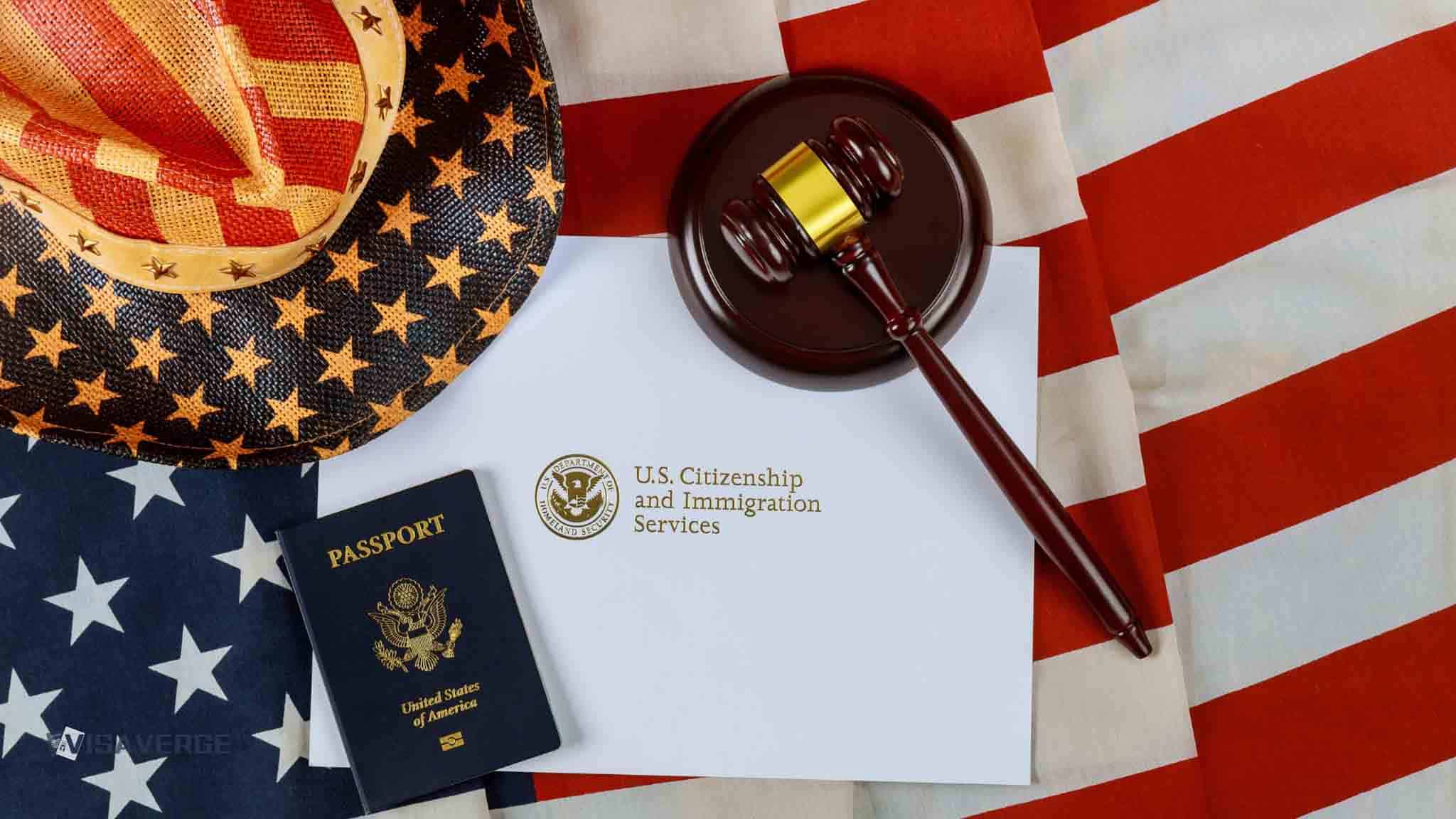The Internal Revenue Service has set a new July 1, 2025 deadline for Responsible Officer certifications under the Foreign Account Tax Compliance Act (FATCA), a move that will affect foreign financial institutions worldwide and U.S. taxpayers with overseas assets. FATCA, a U.S. law aimed at reducing tax evasion through offshore accounts, requires reporting by both individuals in the United States 🇺🇸 and participating banks, brokers, and insurers abroad.
While many cross‑border taxpayers know about the separate FBAR reporting, FATCA obligations often run in parallel and carry their own penalties, deadlines, and thresholds that hinge on specific forms, including Schedule B, Form 8938, and the FBAR (FinCEN Form 114).

Who must report and which forms matter
Under FATCA, most U.S. citizens and resident aliens must report worldwide income and disclose foreign financial accounts on their annual tax returns.
- Many filers start with Schedule B (Part III), which asks whether you had a foreign bank or securities account during the year and—if so—requires you to list the country where each account is held. The IRS expects taxpayers to attach this schedule to the Form 1040 when they have interest or dividends, or when they must answer the foreign account questions. The form is available here: Schedule B.
- Certain taxpayers must also file Form 8938, the Statement of Specified Foreign Financial Assets, which focuses on the value of foreign financial assets rather than just the existence of accounts. According to the IRS, U.S. citizens, resident aliens, and certain nonresident aliens must attach Form 8938 if the total value of specified foreign financial assets is more than $50,000 on the last day of the tax year or $75,000 at any time during the year for single filers living in the United States. Higher thresholds apply to married couples filing jointly and individuals living abroad. Official page: Form 8938.
-
Critically, Form 8938 does not replace the separate obligation to file the FBAR (FinCEN Form 114) when foreign account balances cross the FBAR threshold. The agencies, forms, and rules are distinct, though they often overlap in the information they collect. The FBAR is filed electronically with FinCEN, not with a tax return. Details: FinCEN Form 114 (FBAR).
Recent policy changes and compliance dates
The IRS confirmed several FATCA developments affecting taxpayers and foreign financial institutions (FFIs):
- The FATCA registration system now requires users to log in through approved credential services such as Login.gov or ID.me, improving account security for institutions that register or certify FATCA status.
- The IRS reiterated the July 1, 2025 due date for Responsible Officer certifications covering the period ending December 31, 2024. These certifications confirm that an FFI has proper procedures to identify and report accounts held by U.S. persons or foreign entities with substantial U.S. ownership.
- The IRS extended certain FATCA compliance relief measures for FFIs through 2027, giving institutions more time to adjust systems, training, and internal controls. This relief does not cancel reporting duties but allows a longer runway for technical and process changes.
Warning: FFIs that fail to comply can face withholding on payments and, in severe cases, loss of FATCA status. For taxpayers, penalties for failing to file Form 8938 can start at $10,000, with additional penalties for continued noncompliance after an IRS notice. FBAR penalties are separate and may follow different rules.
Common mistake: assuming that filing the FBAR alone covers all foreign asset reporting. It does not. Taxpayers must consider Schedule B, the FATCA thresholds that trigger Form 8938, and the separate FBAR filing with FinCEN.
Impact on taxpayers
For individuals, FATCA typically requires two things:
– Disclose existence of foreign accounts via Schedule B.
– Report asset values via Form 8938 if the thresholds apply.
A practical example:
– A U.S. citizen living in New York with two bank accounts in France totaling $80,000 during the year would likely:
1. Check “yes” on Schedule B.
2. File the FBAR due to account values.
3. Attach Form 8938 because total foreign financial assets exceeded the $75,000 anytime threshold for single filers residing in the U.S.
Thresholds differ for married filers and those living abroad. The guiding principle: add the value of all specified foreign financial assets and compare the total to the limits for your filing status and residence. If you are near a threshold, keep careful records and consider over‑documenting rather than risking an omission.
Specified foreign financial assets can include:
– Bank accounts
– Certain securities
– Interests in foreign entities
– Some insurance or annuity contracts
Key taxpayer duties under FATCA:
– Answer Schedule B Part III foreign account questions and list the country for each account.
– Attach Form 8938 when asset values exceed applicable thresholds.
– File the FBAR (FinCEN Form 114) when foreign account balances cross the FBAR limit.
– Keep statements and valuation records to support balances reported.
Impact on foreign financial institutions (FFIs)
FFIs must adhere to their own obligations:
– Register with the IRS for FATCA.
– Obtain a GIIN (Global Intermediary Identification Number).
– Complete periodic certifications confirming due diligence.
For the current cycle, Responsible Officer certifications for the period ending December 31, 2024 are due by July 1, 2025. The IRS’s updated registration portal requires strong authentication via Login.gov or ID.me. Institutions that fail to complete these steps face withholding and reputational risk, and counterparties increasingly require evidence of FATCA compliance before transacting.
Practical compliance steps for individuals and families
For immigrant families, dual citizens, and green card holders with foreign accounts, the rules can be overwhelming. A layered approach helps:
- Answer the Schedule B questions truthfully and list countries.
- Check whether your total specified foreign financial assets exceed the relevant thresholds for Form 8938.
- Determine whether your account balances require filing the FBAR.
The IRS offers Streamlined Filing Compliance Procedures for eligible expats whose failures were non‑willful. This program can help get back into compliance without penalties, but acting early is important because penalties for noncompliance can escalate.
Compliance matters beyond taxes: it can affect immigration and financial plans. Examples:
– A permanent resident planning to sponsor a family member may want to avoid tax compliance distractions.
– A student on a work visa with a small overseas account may not meet filing thresholds today but should still answer Schedule B and monitor balances.
Recordkeeping and practical tips
Tax professionals recommend organizing documents early in the year. Practical steps include:
- Create a list of every foreign account with bank name, account number, country, and highest balance during the year.
- Keep year‑end statements and any mid‑year statements that show peak balances.
- Track non‑account assets that may be “specified foreign financial assets” for Form 8938.
- Note exchange rates used to convert balances to U.S. dollars.
As the July 1, 2025 FFI certification deadline approaches, institutions will tighten controls and ask customers for documentation proving U.S. tax status. Expect more frequent requests for self‑certifications or forms that help banks identify U.S. account holders. These requests are part of FATCA’s design and do not necessarily indicate a problem with your account—responding promptly can prevent account restrictions.
Where to get official guidance
For official guidance, review FATCA resources on the IRS website: https://www.irs.gov. The IRS pages for Schedule B and Form 8938 include instructions and definitions that clarify how to calculate thresholds and which assets must be listed. The FinCEN page for the FBAR explains who must file and when.
Sticking to government sources helps reduce confusion, especially because deadlines and thresholds can differ depending on filing status and residence.
Bottom line
FATCA has reshaped cross‑border banking, but the core steps for individuals remain clear:
– Answer Schedule B,
– Attach Form 8938 when required,
– File the FBAR if you meet the separate account thresholds.
With clear records and timely filings, most taxpayers can meet these requirements without drama, while FFIs work toward their own certification deadlines and system updates that sustain the global reporting framework.
This Article in a Nutshell
The IRS has set a July 1, 2025 deadline for Responsible Officer certifications under FATCA for the period ending December 31, 2024, affecting foreign financial institutions and U.S. taxpayers with overseas assets. U.S. taxpayers must disclose foreign accounts on Schedule B, file Form 8938 when specified foreign financial assets exceed set thresholds (e.g., $50,000 year-end or $75,000 any time for single U.S. residents), and still file the FBAR separately with FinCEN when applicable. The FATCA registration portal now requires Login.gov or ID.me authentication, and the IRS extended certain FFI compliance relief through 2027. Noncompliance can trigger withholding, loss of FATCA status for FFIs, and significant penalties for taxpayers. Taxpayers should maintain thorough records, monitor thresholds, and seek compliance help if needed.













